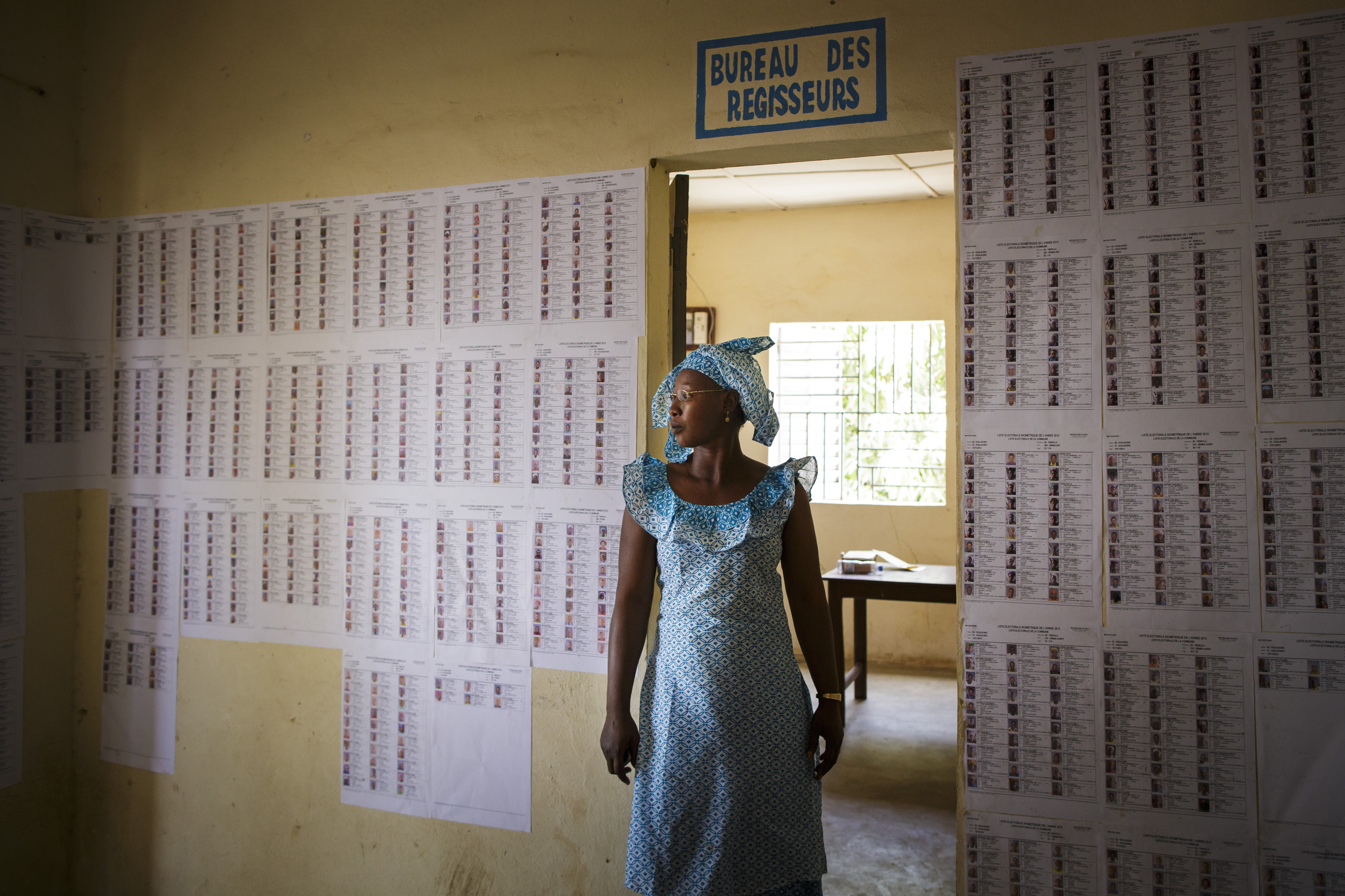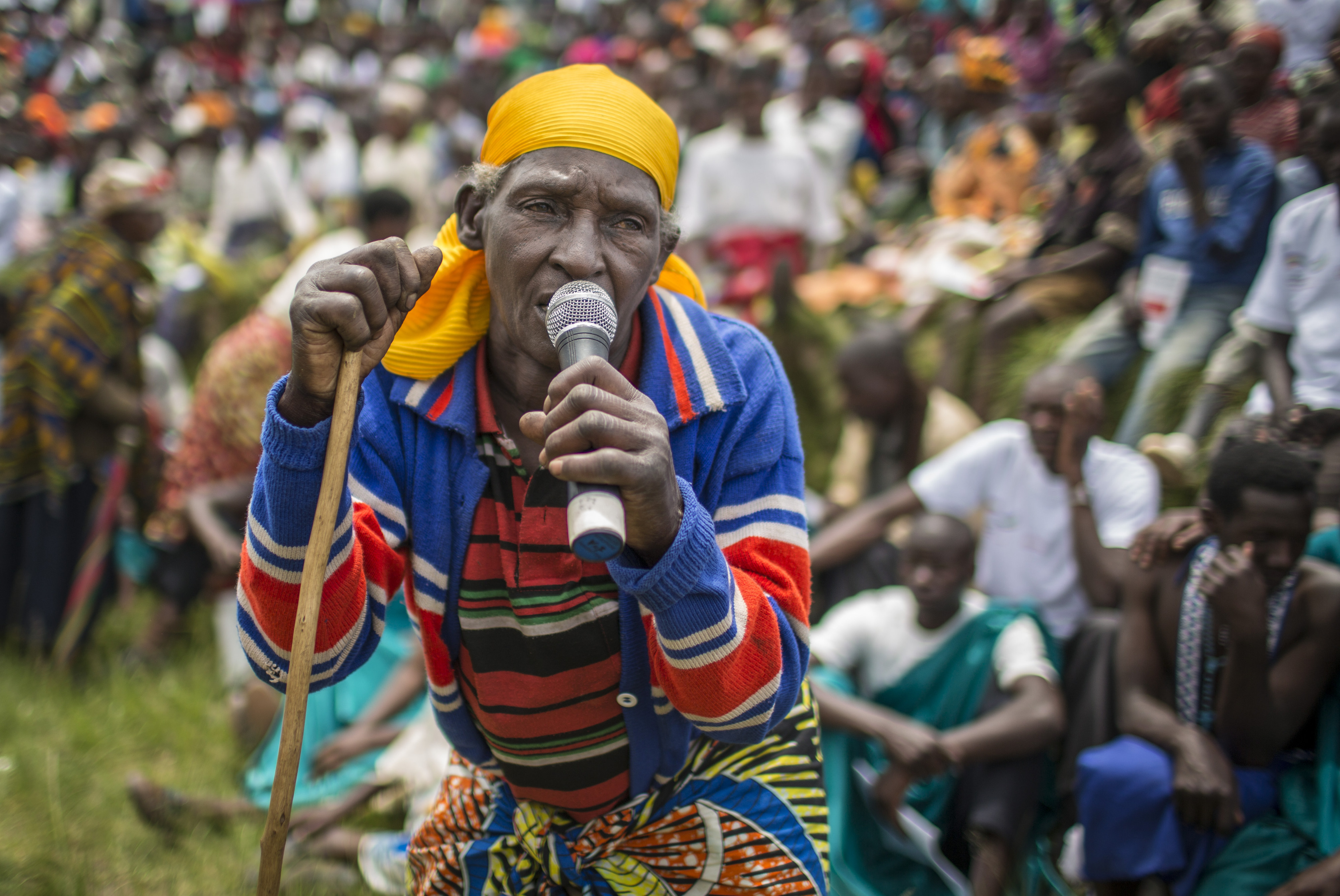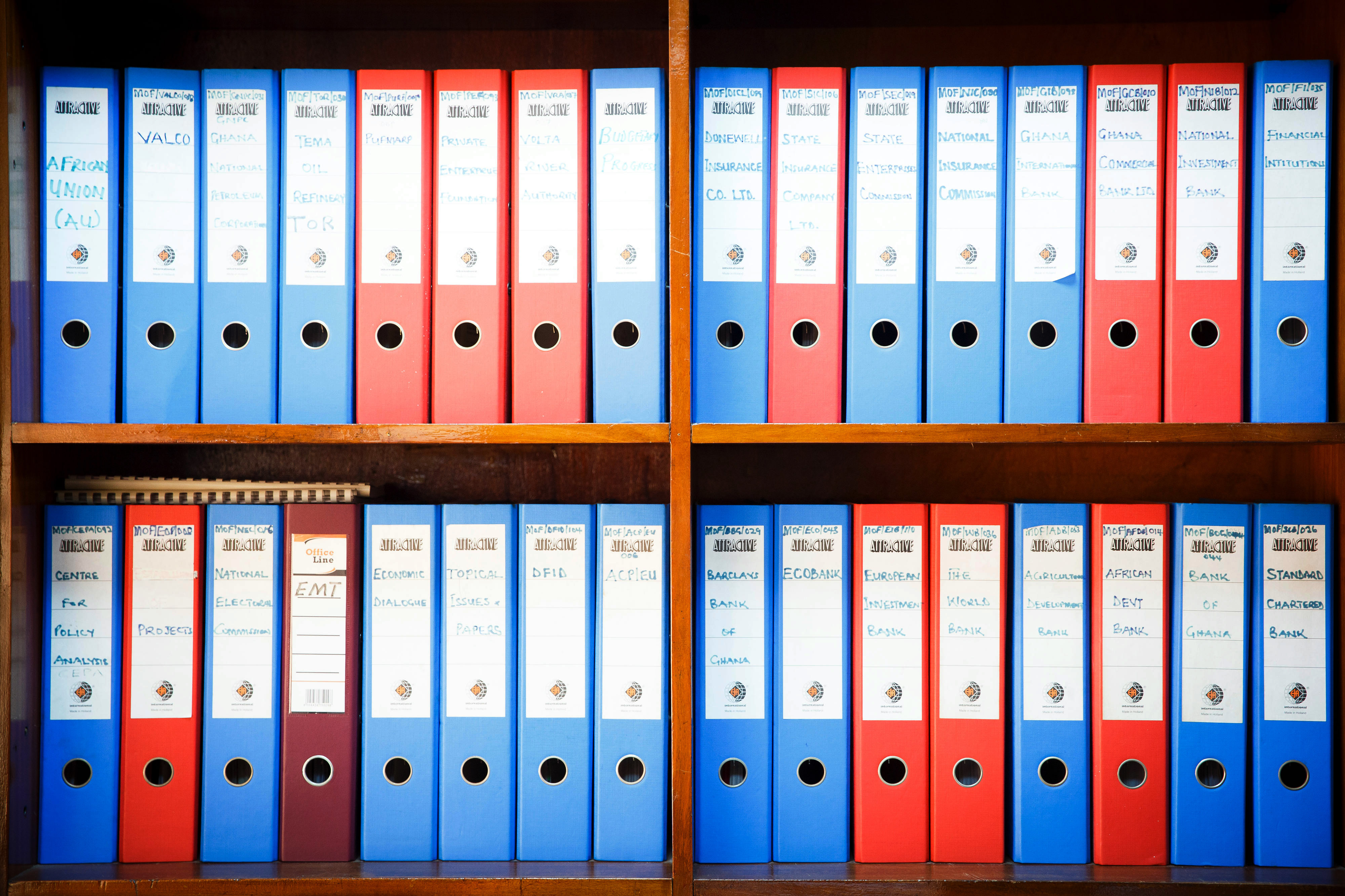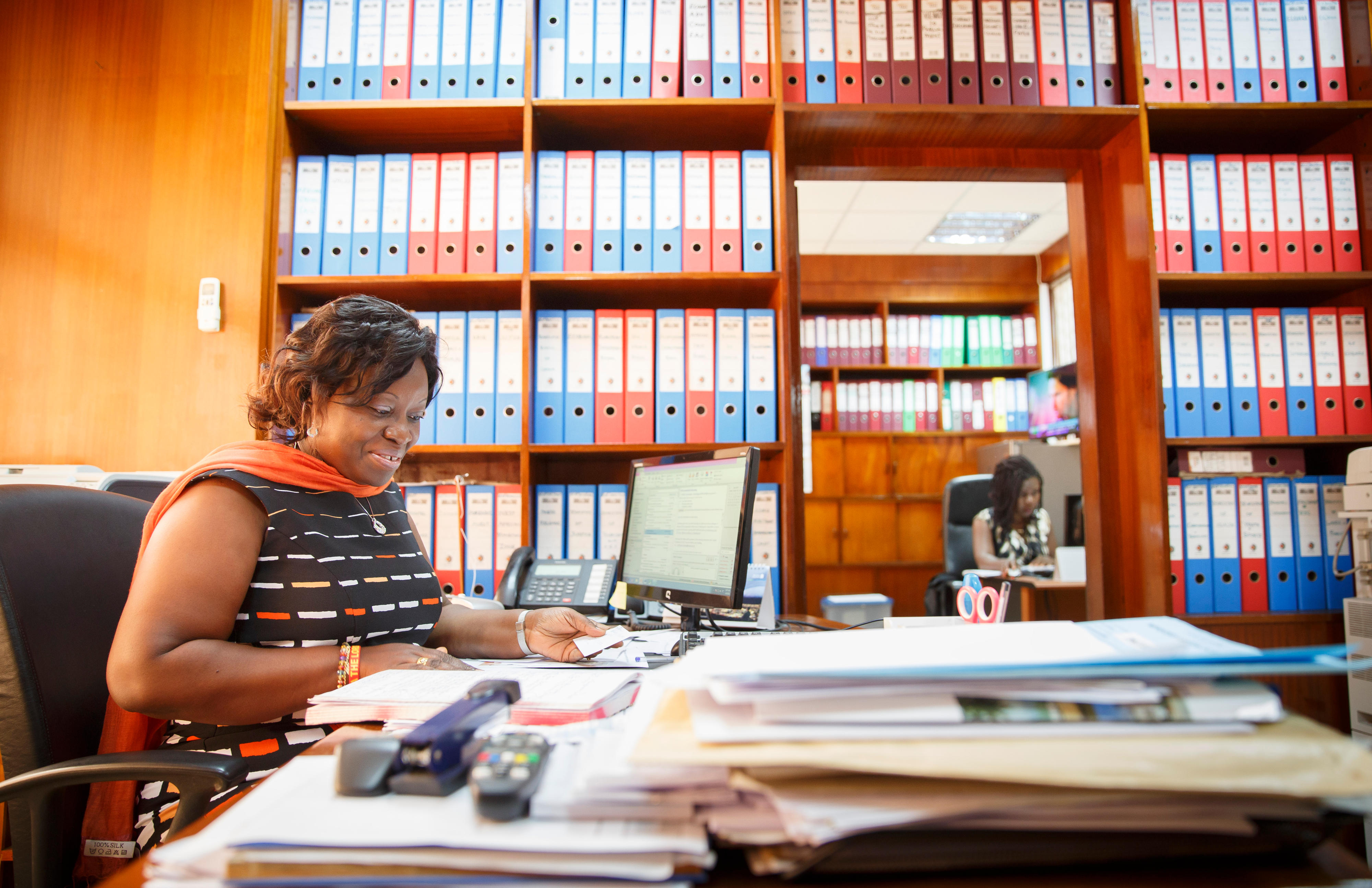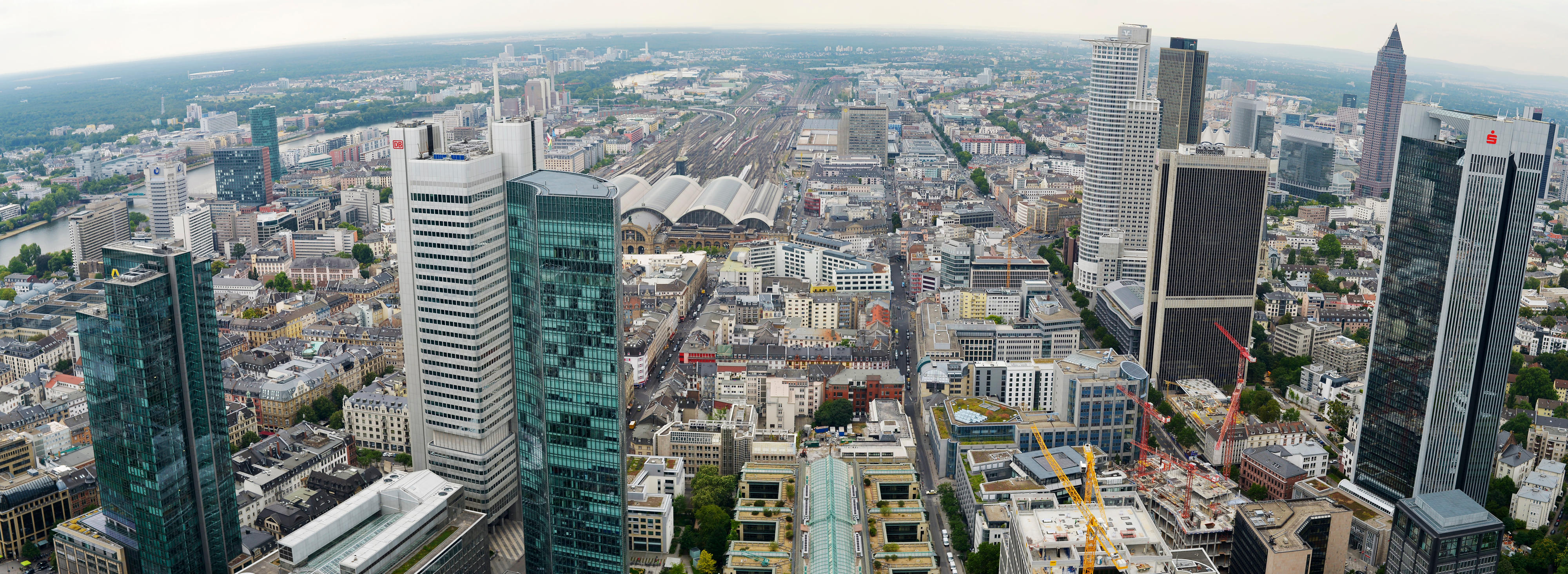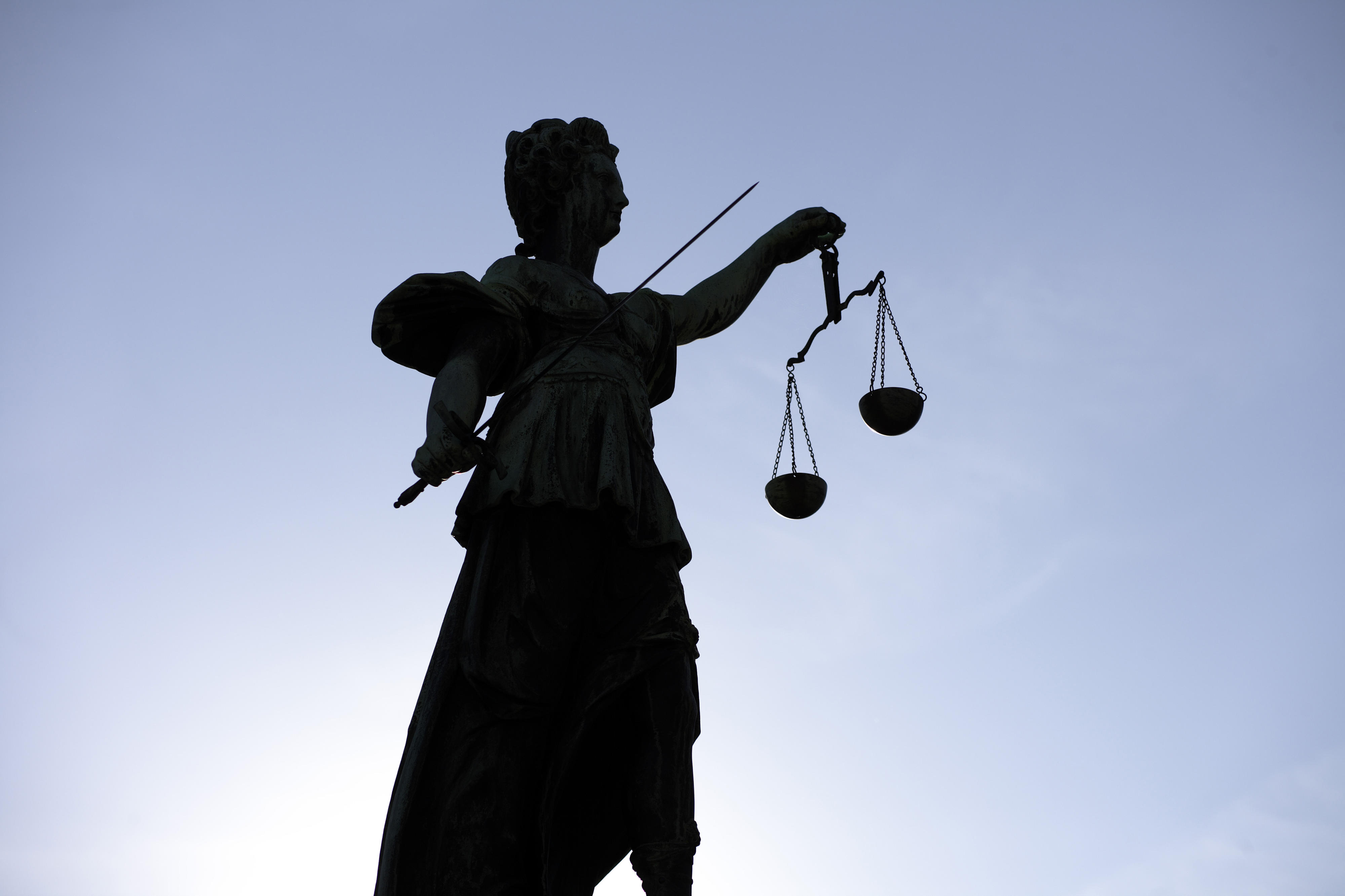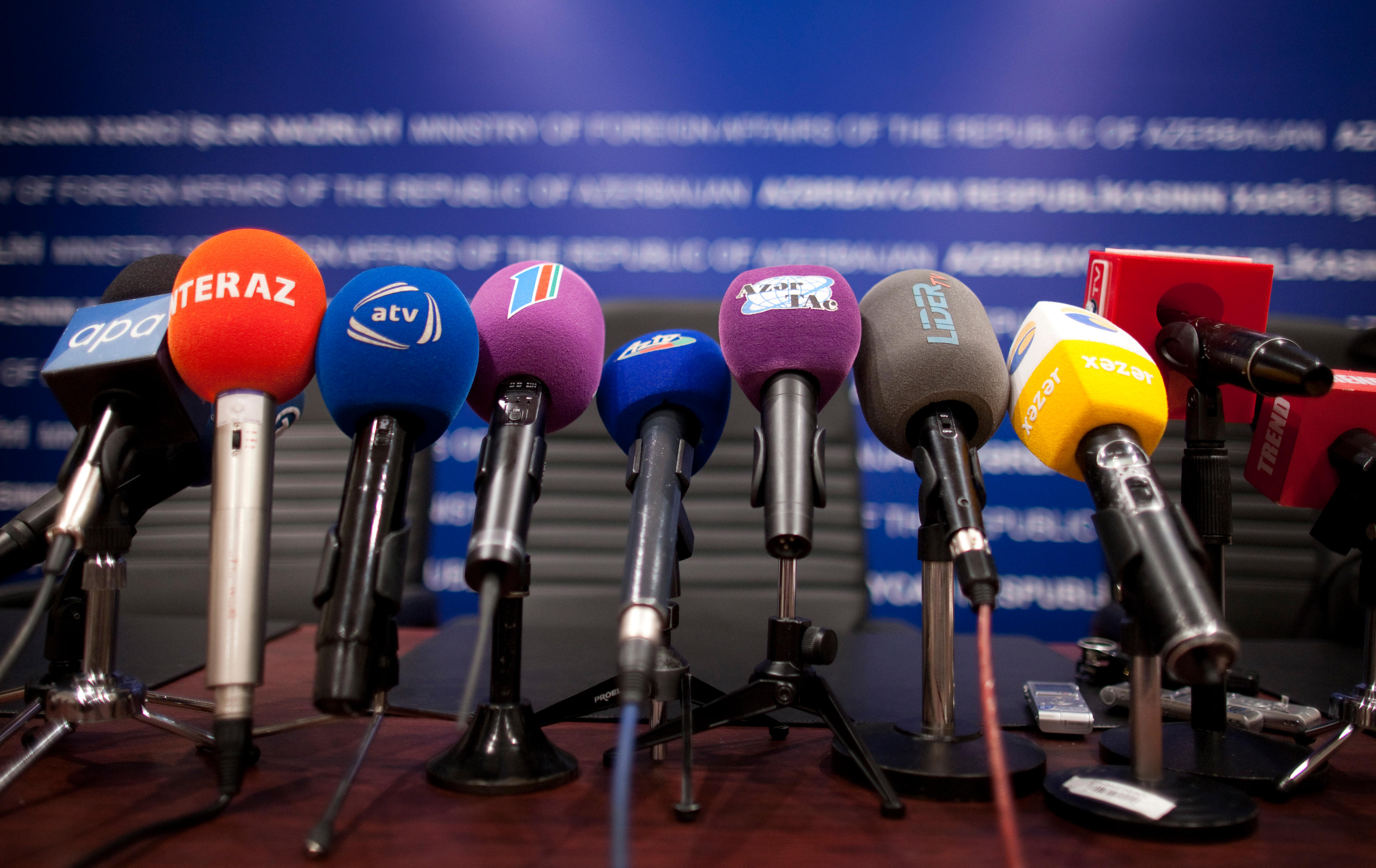A woman stands in front of electoral lists in the municipal administration of Tienfala in Mali.
Copyright© Thomas Trutschel/photothek.net
Democracy – a precondition for freedom, participation and development
All support measures in these areas are in essence concerned with political reform processes. The Federal Ministry for Economic Cooperation and Development (BMZ) bases its approach on the democratic state governed by the rule of law and on the principle of the social market economy. The aim is to increase the legitimacy and transparency of government actions and to improve supervision of how power is exercised.
Protecting, respecting and ensuring human rights, promoting freedom of opinion and freedom of the press and combating corruption and abuse of office are key aspects of Germany’s development work.
A further priority is strengthening socially disadvantaged sections of the population and making political participation possible for them. Poverty and social inequality can only be tackled effectively if these population groups are given the possibility to articulate their interests and play a part in political processes. The aim of participation is to bring more resilience, social justice and security to societies, thus making them more livable.
Democracy is the political form of humanity.
Characteristics of democracy
The key characteristics of democracy are the separation of powers, a system of checks and balances, the rule of law, free and fair elections, a multi-party system, political participation by all social groups (online and offline), freedom of opinion and freedom of the press, and respect for human rights.
Many countries are democracies in formal terms but still include elements of an authoritarian state. Often, for example, specific sections of the population are excluded from political decision-making processes, or it is made very difficult for the opposition to participate in elections.
Approaches to promoting democracy
A man from Musebeya in Rwanda speaks during a public dialogue on improving citizens' political participation.
For a democracy to function properly, democratic principles must be firmly rooted in society. This goes far beyond holding formal elections. Democratisation is a far-reaching and long-term process. It cannot be imposed externally, but must be supported by internal forces. This is why development work to promote democratisation processes cannot provide a quick-fix solution for success.
Furthermore, there is no one-size-fits-all approach to promoting democracy that can be applied in all partner countries. The specific situation of each country needs to be carefully assessed: Is the political system engaged in a process of democratisation? Or are democratic institutions being put under pressure? Are there governmental structures that can be strengthened and supported? Or should development cooperation focus on promoting non-governmental actors? Tailored development strategies can be drafted based on this analysis.
Improving political processes and enabling participation
Germany’s contribution includes efforts to:
- support reform-minded non-governmental players and strengthen civil society, for example by assisting with strategic planning, representing interests and demanding effective accountability, and with building networks and alliances. Political foundations are important partners here;
- modernise the government and improve its effectiveness, for example by enabling state actors to establish decision-making processes that are responsive to citizens’ needs, both online and offline;
- create public institutions and a legal basis that facilitate effective political participation;
- improve the economic and social factors that help a democracy to flourish.
Alongside cooperation with governmental and non-governmental players, Germany also engages in multilateral cooperation to support democratisation and protect existing democratic structures and institutions. This includes supporting related programmes and initiatives by the United Nations and the European Union, such as the Team Europe Democracy Initiative (External link).
As at: 06/08/2025
